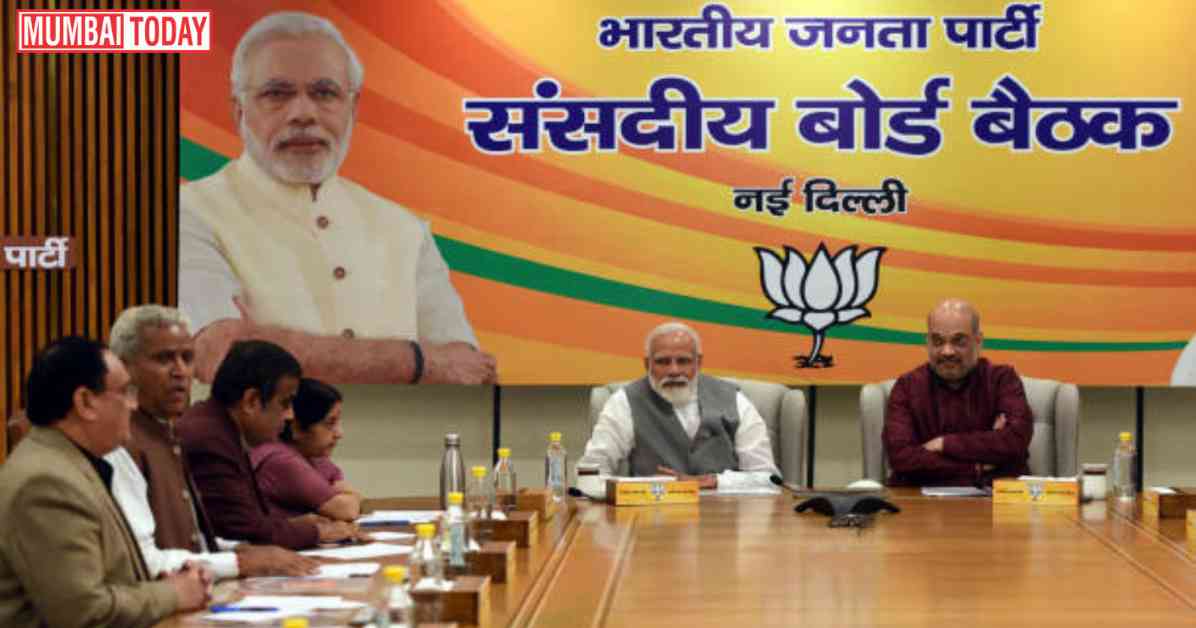In the colorful landscape of Indian democracy, the Lok Sabha and Rajya Sabha are important pillars of governance, each with its own unique role and representation. The Lok Sabha, also known as the “House of the People,” has 543 seats, with each seat representing a territorial constituency. It is where representatives from all over India come together every five years to make decisions on behalf of the public. This direct connection between the people and decision-making is a crucial aspect of Indian democracy.
The Lok Sabha has a significant role in shaping environmental policies, with a larger number of representatives allowing for a wider range of voices to be heard on issues like renewable energy, resource conservation, and climate change. The diverse perspectives in the Lok Sabha can help promote more sustainable practices throughout the country.
On the other hand, the Rajya Sabha, or “Council of States,” is a more contemplative setting with 245 seats. Unlike the Lok Sabha, members of the Rajya Sabha are not directly elected by the people but are chosen by elected members of state legislative assemblies and Union Territories. This system ensures that experienced voices from different regions have a say in national matters.
The Rajya Sabha fosters balanced representation and encourages long-term environmental planning, with members serving for six years. This focus on continuity helps ensure that environmental considerations are integrated into India’s development plans.
The size and structure of India’s Parliament reflect the nation’s vastness and diversity, leading to a vibrant exchange of ideas and a holistic approach to environmental issues. It is crucial for both the Lok Sabha and Rajya Sabha to integrate eco-friendly practices into their functioning to lead India towards a greener future.
This includes advocating for sustainable policies, investing in green infrastructure projects, promoting environmental education, supporting green initiatives, and implementing sustainable practices within parliamentary premises. By embracing eco-friendly principles and advocating for sustainable policies, the Lok Sabha and Rajya Sabha can play a vital role in steering India towards a greener and more resilient future. As custodians of democracy and stewards of the environment, they have the power to enact meaningful change and leave a lasting legacy of environmental stewardship for future generations.




















